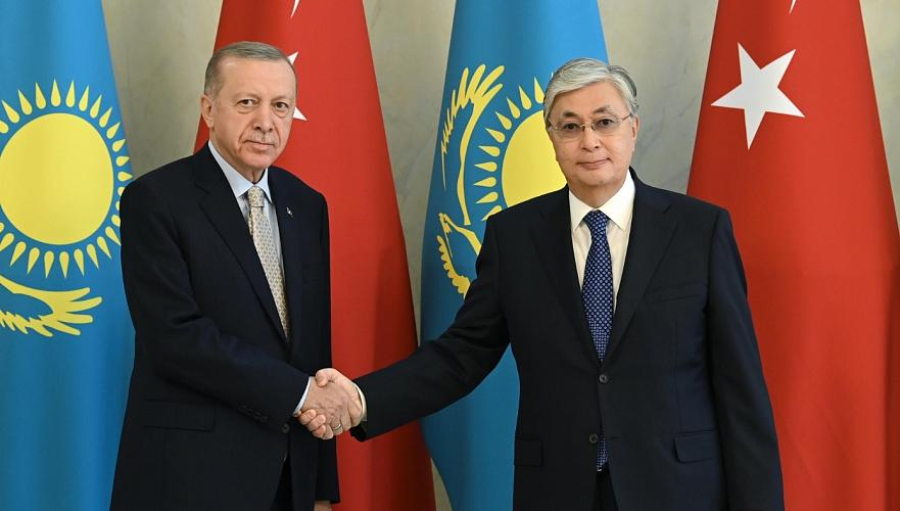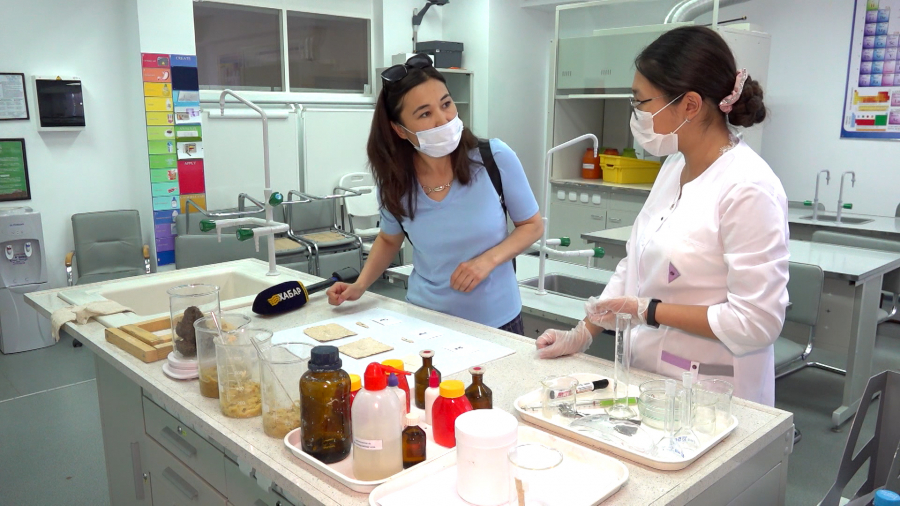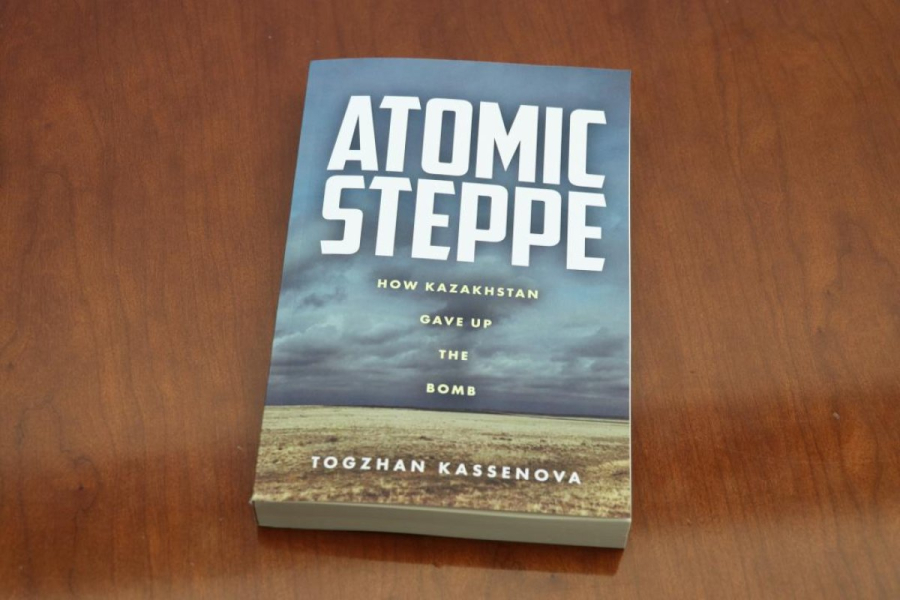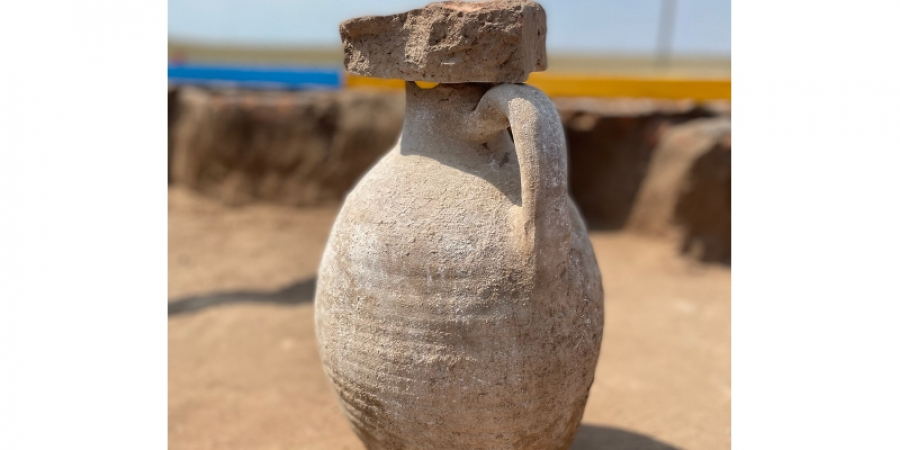
A group of American students
arrived in the Kazakh capital in order to learn the peculiarities of nomadic
civilization, their history, traditions and language. Mason Maltby, a University
of Arizona student, is among them. He has been actively interested in Kazakhstan
for a long time, after getting acquainted with Abai’s work. Now the young man
dreams of reading the works of other Kazakh writers in the original.
“I want to learn Kazakh because
many people in the U.S. don’t know about Kazakhstan or Central Asia, and I’d
like to become a literary translator specializing in Central Asia. If Western
people read literature from Kazakhstan and Kyrgyzstan, they would want to know
more about these cultures and countries,” said Maltby.
A student of the University of
Arizona Juan Valenzuela is convinced that language is the basis for the
worldview of people’s culture. Thus, he has shown a genuine interest in
learning Kazakh since his first classes.
“So far, I speak very slowly in the
Kazakh language. I live in Tucson, Arizona. My name is Juan and I’m a student,”
Valenzuela shared.
A unique study program for
students of the University of Arizona is developed by local experts from the
faculty of the Gumilyov Eurasian National University. According to the requests
of foreign guests, it has the country studies focus. Aizhan Maibalayeva, a
university lecturer, told about the special course for American students.
“Our program is generally aimed at
introducing them to the realities of Kazakhstan. In our classes, we use texts
about Kazakhstan and excerpts from the works of Kazakh writers. The children in
my group are familiar with two of Abai’s Words of Edification,” noted Maibalayeva.
It should be noted that the curriculum
includes not only academic, but also extra classes for the study of national
culture. Educational excursions to the capital’s sights and even the region are
held for students, who have recently managed to visit the National Museum of
Kazakhstan, where they got acquainted with valuable artifacts and samples of
the country’s rich culture. In addition, foreign guests made a food tour.
“I liked it here in Astana.
Culture differs from the U.S. in many ways, but I can say that this difference
in culture is very interesting and important and that the cuisine here is much
healthier than in the U.S. We tried beshbarmak. We can see some fusion of the
former Soviet and Asian history and Turkic culture, and it all intertwines in a
very interesting way and becomes a very unique culture,” said Brian
Belakovskiy, student from the University of Arizona.
According to students, the
history, cultural features, language and traditions of the Kazakh people are so
rich that six weeks is certainly not enough to learn everything. Thus, the students
hope that in the future they will have a chance to come to Kazakhstan, which
they liked a lot.









